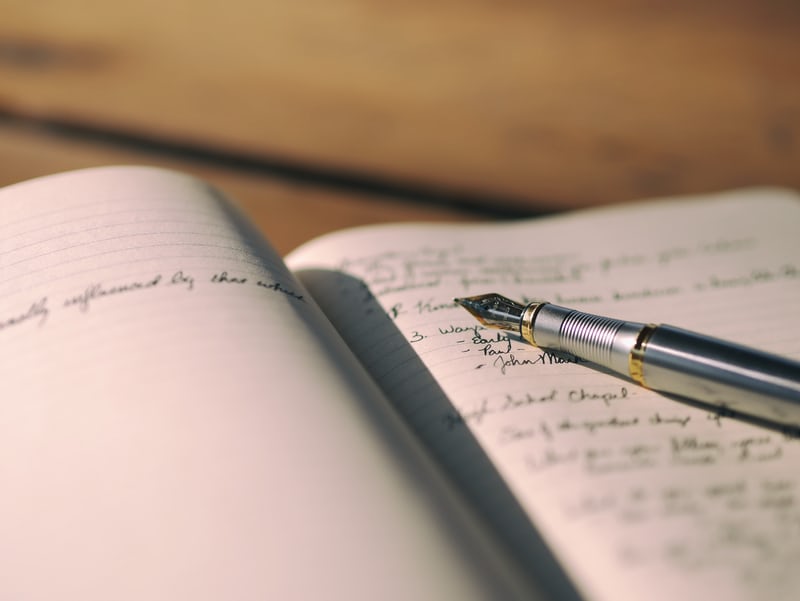People often suggest journaling as a method to relieve stress and frustrations, but it was not until recently when this became an effective outlet for me. At various times in my life, I tried to journal but always ended up giving it up. There are several new strategies that I have implemented in order to maximize the effectiveness of journaling and ensure that this activity will remain a continuous outlet for me.
Why Journal?
Journaling can be a cathartic experience in which our stress and frustrations are relieved. Additionally, journaling serves as a healthy way to individually process your emotions and organize your thoughts. By keeping track of your emotions, you have the opportunity to reflect upon your experiences and grow as an individual.
Although we might be aware of the benefits, people are still hesitant to journal. Journaling can be an emotionally draining activity and sometimes make you feel uncomfortable, but it can also be a rewarding activity. There are many ways to make journaling an effective and enduring tool.
Ways to Make Journaling More Effective
-
Do not make this another item to cross off on your checklist.
One of the biggest mistakes you can make, at least in my experience, is to make journaling a task you feel obligated to complete. Whether your goal is to journal once a day or month, it is important that you do not place too much pressure on achieving this goal, for it can have the opposite effect of reducing stress. Journaling for the sole reason of sticking to a schedule can lower the effectiveness of the actual process. By all means, if following a schedule works or is the only way to hold yourself accountable for journaling at all, keep doing what you are doing!
Personally, I have found that not setting any type of goal to journal is the most beneficial method. Sometimes, this means I do not journal for over a month; it also means that sometimes I journal three times within the span of a week. Each time I have tried to journal and failed, it was the result of me putting too many “deadlines” on when I should write. There are some days when you feel like writing everything and others where you feel like writing nothing; allow yourself to enjoy the freedom and flexibility of journaling.
-
Write however little or much you feel like writing.
Similar to the previous tip, aiming to write a certain amount may not be as beneficial as you think it might be. When I first began to journal, I would make it a goal to write at least one full page for that entry. I quickly realized that some days my thoughts only filled three or four sentences, or that I just was not in the mood to write in depth. However, I felt forced to fill the page, which only led to me dreading journaling. This was one of the reasons why I initially stopped journaling: I resented it because it was too time consuming and felt mandatory with too many expectations. As a result, I currently do not set any quantitative expectations on how much I write. Instead, I just go with however I am feeling at that moment.
-
Journal in any form that works for you.
There is a common assumption that journaling strictly means writing sentence after sentence after sentence after sentence, but this might not be the most effective way for you to process your thoughts. Utilizing diagrams or flowcharts might be the easiest way for you to reflect upon something that just happened. For instance, sketching out the progression of your day using arrows might help you identify and analyze the events that contributed to your bad mood. This might be a more efficient way to reflect upon your day opposed to writing pages about it. Other methods that might be more beneficial than writing full sentences include bullet points, visual representations, doodling, etc.
-
Write for yourself and yourself only.
In my opinion, this is the most important thing to remember. Earlier when I used to journal, there were things I would not write down out of fear that someone else might read it, or that what I was expressing was too harsh. I was writing as if my journal’s purpose was to be read by someone else. This caused me to hold back the thoughts that I actually needed to process and instead fill the pages with things that were not of value to me.
It took a while for me to fully understand that journaling my thoughts is intended to help only me; it was not for others to benefit from. Once I embraced this idea that I should write what I actually wanted to write, journaling became a useful way for me to reflect upon and process the things that needed my focus.
While the journaling process varies and looks different from person to person, these methods can help journaling become a long lasting and rewarding activity for you!

